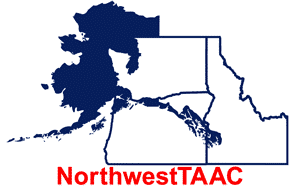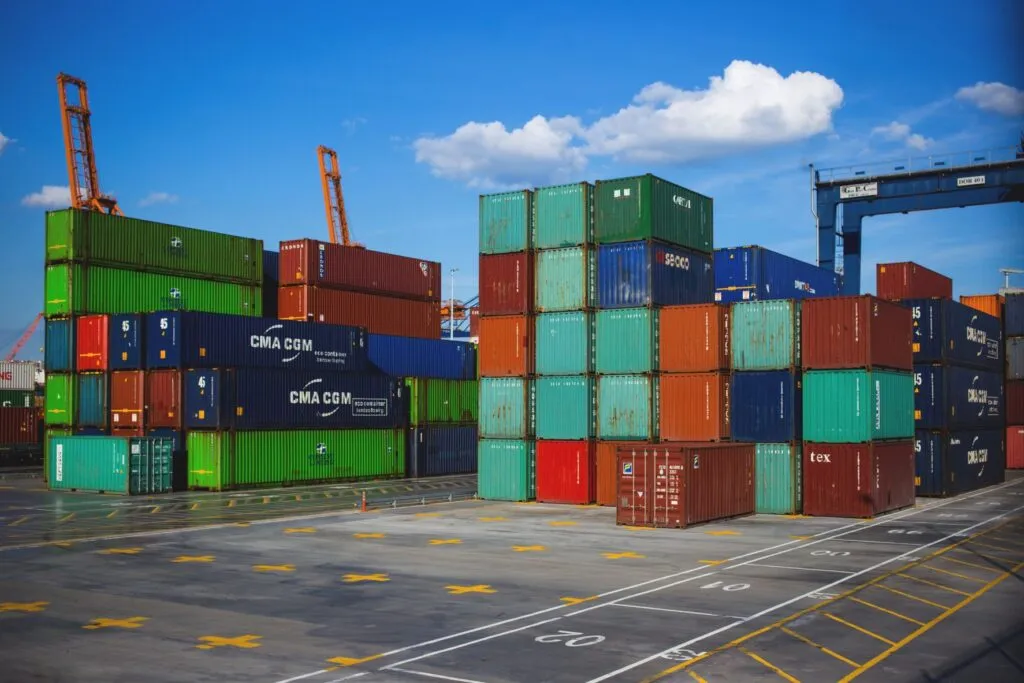We’ve all heard about trade competition and lost jobs in the media. AT NWTAAC, we work with small and medium-sized businesses (SMBs) who are negatively affected by trade competition, what is often called “trade impact” in policy lingo.
For large companies or from a macro-economic perspective, import competition may seem like a rising tide – something that can be anticipated, prepared for, or proactively mitigated. For small to medium sized businesses, not equipped with diverse product lines, resources, or change acumen, import competition feels more like a flash flood.
What is it like for those companies? When trade impact hits – in a phrase, sales drop off, often suddenly.
- Contract manufacturers build to specification, usually a small number of much larger companies. For this group, trade impact could come from the loss of a major customer moving operations to a foreign country (and finding suppliers there.) We’ve all seen these plant closing announcements, they usually come on the eve of the change.
- For a consumer products company, trade impact may first arrive at the big retail chains, since they are the most sensitive to supplier prices. As one client put it, “I came into work one day and all the big box stores cancelled their orders.”
- For a commodity producer there may be a change in currency valuation or the rise of a new industry in a foreign country. The net result is that these highly price sensitive markets will suddenly have a lower price option.
- For commercial product producers imports often arrive with near identical product profiles and much lower prices. As one client told me, “We went to the big industry show and two aisles over someone was selling all but our exact same product for half the price.”
- For any company already experiencing trade impact, producers in a foreign country could suddenly expand or improve their capabilities. Only in most cases you find this out much later.
How do you know decline sales are trade related?
Sales could fall off for many reasons. How do you know its trade related? You ask or you ask around. It shouldn’t take long to find out.
Imports arrive product by product. Companies move offshore factory by factory. Commodity price shocks occur item by item. A domestic company making that product is part of the supply chain to that factory, or is part of that commodity industry, or has a distribution base which, even if not explicitly price driven, is surely price sensitive. When the imports arrive (or the factory moves), that one company or set of suppliers or community of producers is directly in the way.
There are effective ways to recover from import impact. Domestic companies typically have advantages they have never explored because they have never had to deal with strong price competition. In many cases, companies that employed these resources are now unrecognizable through increased scale and product changes. Interestingly, a surprising number become significant exporters.
If your company, or a company you engage with experiences trade impact, encourage them to contact NWTAAC. We can evaluate qualification quickly and establish whether and how the program’s benefits will work for the company.

